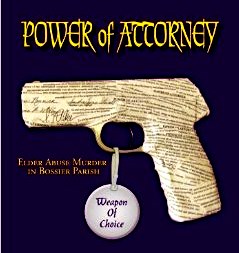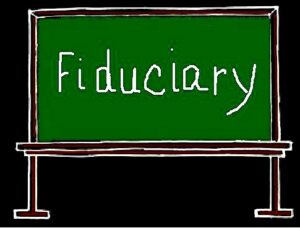
Trevor Todd and Jackson Todd have over sixty combined years of experience in handling power of attorney and other estate litigation issues.
Re Derth 2024 BCSC 1033 the daughter of a demented mother using her mother’s power of attorney asked the court to approve a $250,000 gift from the mother to the daughter ( the attorney)..
The court refused.
The patient would have still been left with $3 million dollars to care for her self and there was evidence of a previous agreement to give the $250,000 to the daughter.
THE DECISION:
With some regret, I have concluded that the proposed gift is not lawful because it is foreclosed by s. 20(2) of the PAA. Accordingly, the question of an exercise of the court’s discretion does not arise.
[11] Statutory interpretation requires a reading of the text of a statute in its entire context and in its grammatical and ordinary sense harmoniously with the scheme of the statute, its object, and the intention of the legislature; Rizzo & Rizzo Shoes Ltd. (Re), 1998 CanLII 837 (SCC) at para. 21; Earthco Soil Mixtures Inc. v. Pine Valley Enterprises Inc., 2024 SCC 20 at para.50.
[12] Broadly speaking, the PAA exists to regulate the exercise of powers of attorney. Powers of attorney are ubiquitous in estate planning. They are both useful and treacherous, because they enable the disposition of property without the consent of its owner. The owner is therefore vulnerable to misuse of the power of attorney. The vulnerability is acute where the owner is no longer legally competent. Subsections 20(1) to (3) of the PAA address this situation. They provide as follows:
20(1) An attorney may make a gift or loan, or charitable gift, from the adult’s property if the enduring power of attorney permits the attorney to do so or if
(a) the adult will have sufficient property remaining to meet the personal care and health care needs of the adult and the adult’s dependants, and to satisfy the adult’s other legal obligations, if any,
(b) the adult, when capable, made gifts or loans, or charitable gifts, of that nature, and
(c) the total value of all gifts, loans and charitable gifts in a year is equal to or less than a prescribed value.
(2) An attorney may receive a gift or loan under subsection (1) if the enduring power of attorney permits.
(3) Permissions under subsections (1) and (2)
(a) must be express, and
(b) may be in relation to a specific gift or loan, or charitable gift, or to gifts or loans, or charitable gifts, generally.
[Emphasis added.]
[13] The intention is clear. The sections are concerned with gratuitous transfers – gifts or loans – from the property of an adult person under disability. They establish that such transfers are permissible, but only in specified circumstances.
[14] Subsection 20(1) deals with gratuitous transfers in general and identifies two cases: (1) where the enduring power permits the transfer (which by subsection (3) means, expressly permits); and (2) alternatively, where the three requirements in subsections (2)(a) to (c) are satisfied.
[15] Subsection 20(2) deals with the special case of a gratuitous transfer (a gift or loan) to the attorney. Such a transfer is only permitted if the enduring power of attorney expressly permits.
[16] The language of the enduring power of attorney granted by Doreen is entirely general. The power of attorney does not expressly permit Eugene to effect a $250,000 gift to himself from Doreen’s funds. It makes no difference that Doreen intended the gift, prior to her incapacity. Express permission in the power of attorney is required by s. 20(2), and it is absent.
[17] I conclude that the proposed gift is not lawful. In the face of the statutory prohibition in s. 20(2), the court cannot authorize it.




